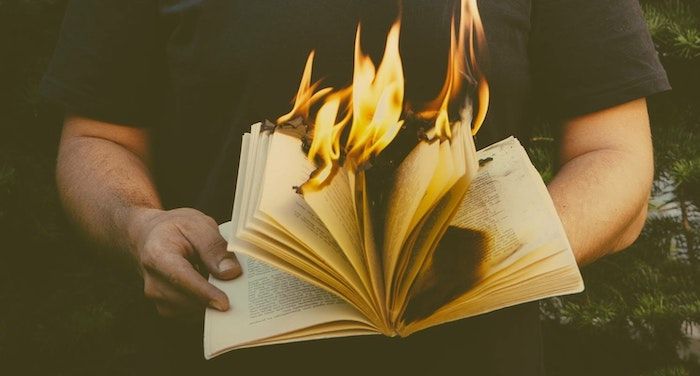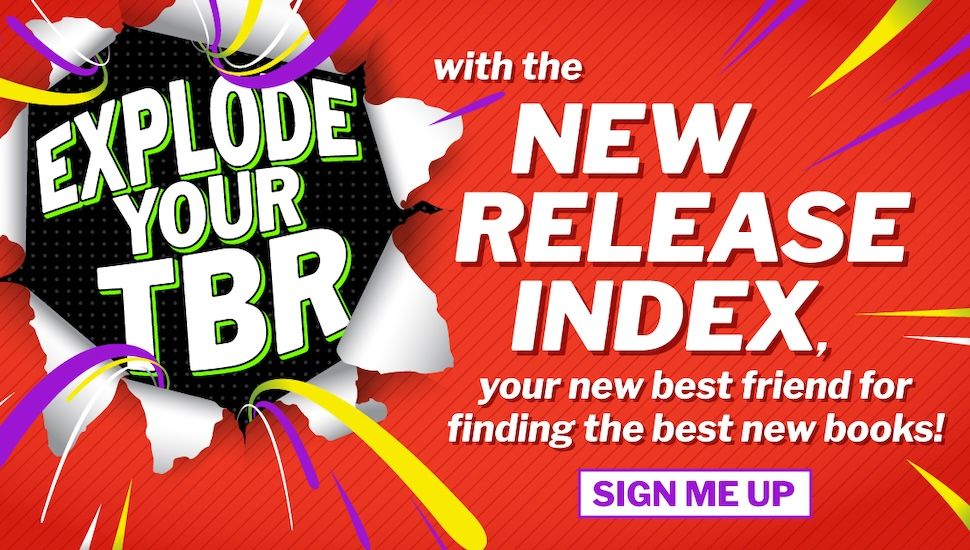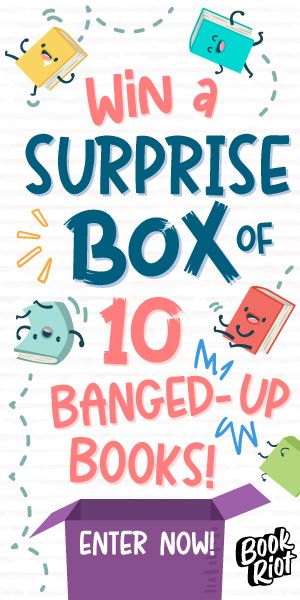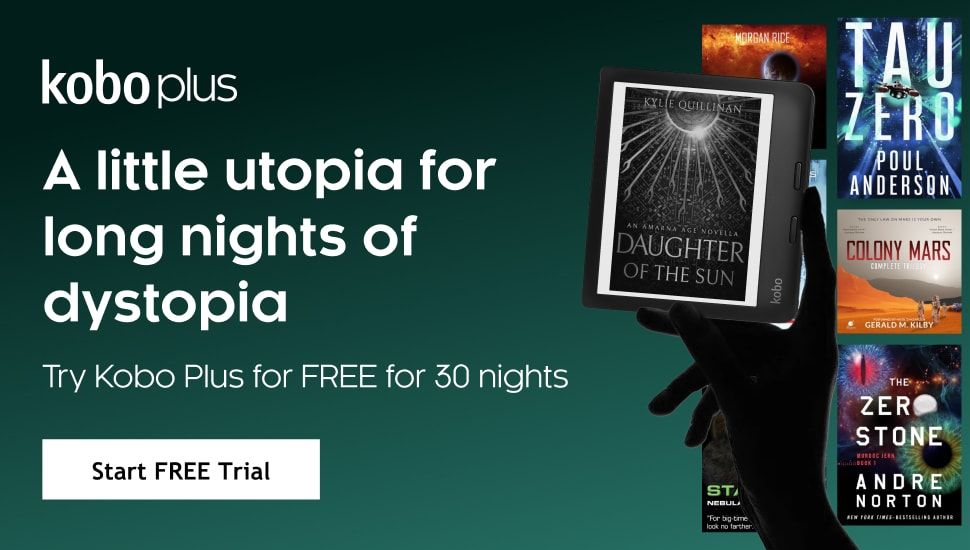
Please Stop Telling Authors That Having a Banned Book is a Good Thing
Trigger warning: brief mention of suicide rates among the queer community
Exactly as it says on the tin, folks. We collectively have a tendency to become petty and/or prideful when it comes to banned books. It seems to be predicated on the logic of “making the right people angry”; you did something to piss off the “right” people (i.e. conservative individuals or honestly anyone with a different ideological viewpoint from you) and the fact that they are retaliating against you or your ideals now is proof that you have the ideological high ground.
This is the same type of logic I see from some people on Twitter after they get blocked for being unpleasant. Do with that what you will.
Admittedly, a lot of this pride seems to revolve around reading, which: sure. If you see some books get banned that probably shouldn’t have been (the discussion of whether any books should be banned period is for another day) and go read them because of that, and this action makes you proud, fine. No shame in that pride. I’m sure it makes for interesting conversation at parties. But more and more frequently, as more and more news comes forward about books being removed from curriculums, school libraries, public libraries, etc., this idea of a book getting banned or blacklisted as a good thing gets pushed towards the authors.
“Congrats! Your book got banned!”
I just want to sit with that for a minute. You’re congratulating someone that their book was banned. Your book that was too queer, too Black, too open about what the Holocaust was actually like for Jewish people for children — or anyone — to read.
A book that these authors likely put a piece of themselves into, maybe about their own story or a story that is near and dear to them. A book that maybe could have helped guide a questioning kid in a not-so-open area into answering questions about themselves. A book that maybe could have another kid start to question what his very conservative school system and community told them about history, or about folks that aren’t quite like them. And you feel the need to paint this as a good thing to the author? Like their book getting removed from shelves and placed out of reach of anyone who might pick it up is some backhanded compliment, instead of proof that what the book represents is so hated that it becomes labeled as indecent for children to read. It’s heartbreaking as an author.
“But the banned book ended up on the bestseller list! That’s good!”
Not every banned book ends up on the bestseller list, and even then it’s pretty short-term before our collective outrage moves onto something else. And that’s if a book getting banned makes the news, rather than quietly being taken off the shelf. In most cases, someone’s book getting banned is a career ender. Texas started the process of removing over 800 books from shelves in November 2021, books they deem objectionable. Books that talked about race or sexuality or anything that might make the reader uncomfortable. You’re telling me all those books made it to the bestseller list?
This current moral outrage driving the removal of books by marginalized authors (because they’ve been the targets here) has mostly been pushed by conservative parents, all in the name of protecting kids. Just like every other moral panic we’ve had. It has gotten to the point that editors are being told by book fairs that the fair will not carry books they will have to defend from angry parents. Which means that proposals down the line that don’t align with what the more vocal among us don’t agree with won’t get picked up. And so comes the end of queer books, especially books about queer POC or transgender individuals.
Because that’s the end point to all of this. Texas lawmakers have come out and said it in so many words. Take books you don’t agree with, don’t align with your narrow beliefs, off the shelfs and it’ll become harder for these books to get published. And eventually they’ll just…go away. No more bad books that might answer questions your kids have. They don’t end up gay in your eyes as long as they stay in the closet. And they’ll just stay in the closet forever if they’re lucky. We all know what the suicide rates for these situations are like.
![Picture containing the text "Both local districts and the Legislature will be working diligently on policies to prevent such books from being allowed on campus in the future," Patterson wrote. "However, we also acknowledge school districts have a lot [of] power in the market when purchasing books and that if we stand together against explicit materials for children, book vendors will be forced to adjust."](https://s32875.pcdn.co/wp-content/uploads/2022/03/texas-banning-books.png)
But this push against “explicit materials” for kids goes beyond just parents, even though one parent has requested that Michelle Obama’s biography be removed from shelves for promoting “reverse racism”. Conservative lawmakers and superintendents are getting in on it, as you’ve seen here already with Texas. Florida recently signed their “Don’t Say Gay” bill into law, although that one is getting spun as the Anti-Grooming Bill by conservatives. Oklahoma is pushing a bill that will charge schools a $10,000 fine a day and blacklist librarians who allow queer books to stay on shelves.
And before you start with the “but these are all red states, this is the bed they made” line of logic, don’t. Black people live in red states. Queer people live in red states. Do we not deserve to read stories about ourselves, see ourselves represented on page like so many others do? Are we not allowed that simply due to the misfortune for being born in the wrong state and being unable to leave?
Even if you still cling to the “red states deserve what they get” logic, this won’t stay contained. Texas’s textbook market is huge, to the point that they actively impact how textbooks are written. This is known. It’s why so many textbooks are Like That. You think that all these laws being passed in the name of protecting children aren’t going to do the same thing to the overall book market?
If you want to know how you can help, start going to school board meetings and not letting these ideas even get off the floor. Go to town hall meeting and do the same, push back against these bans. Yeah, I know, these meetings suck and no one likes them. But librarians are losing their jobs because they refuse to comply with these requests. You can go to a meeting. Or push back against lawmakers who are writing and signing these bills. Don’t let their phones stop ringing. Yell at them in public when they go to get coffee or lunch. Be a nuisance.
Or, at the very least, quit spinning an author’s book getting banned as a good thing.
Click here for the latest in book banning and censorship news.















